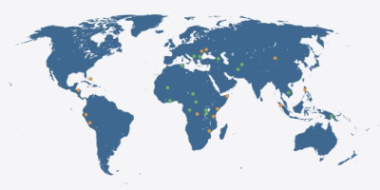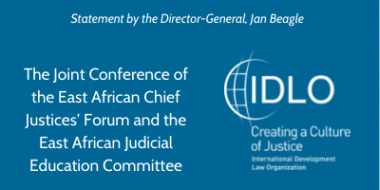Handling insolvency cases in Croatia
Croatia has eight first instance commercial courts and one High Commercial Court, and is committed to raising the capacity of its commercial court judges to resolve cases related to insolvency matters. The Judicial Training Academy has incorporated insolvency training into its annual program almost every year since 2010. However, there is still more progress to be made, especially regarding impediments to the resolution of non-performing loans which highlights the importance of the legal framework on insolvency law.













